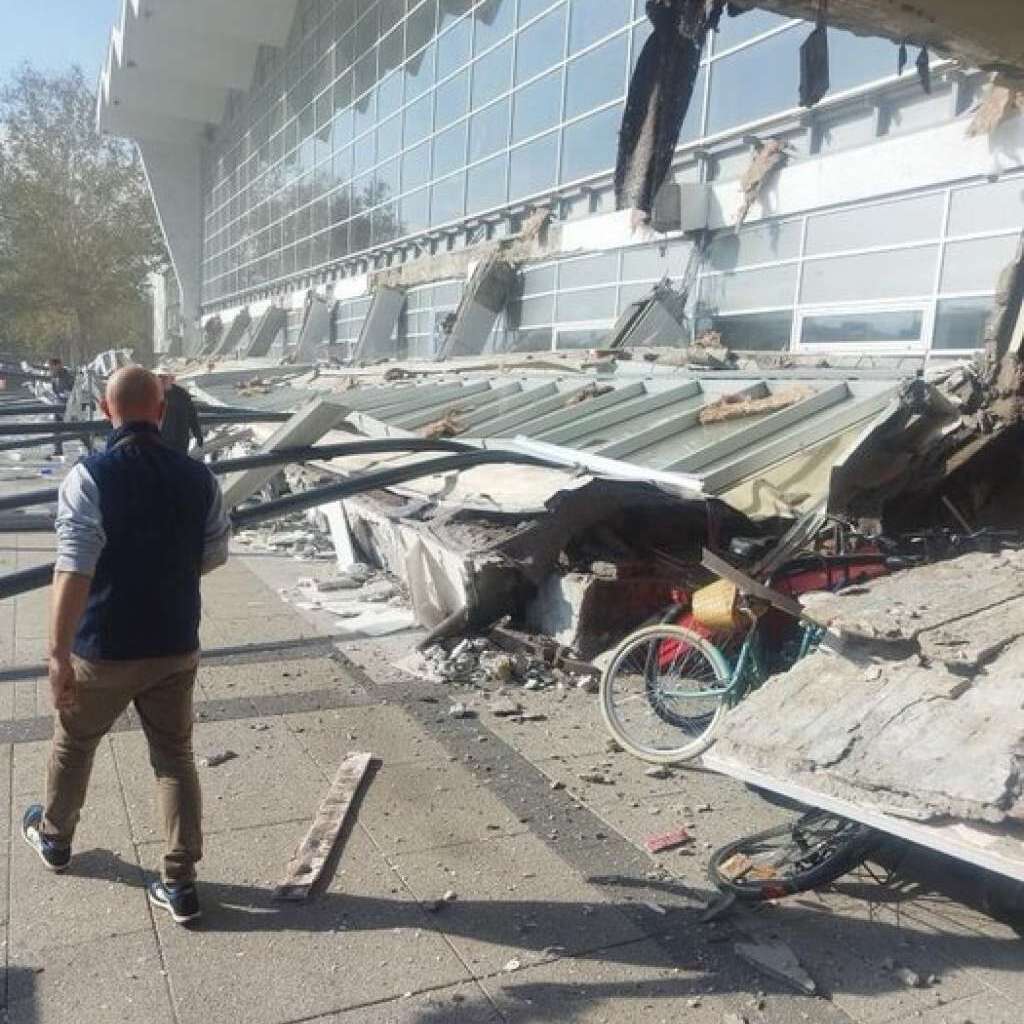
Introduction to the Concept of Havens
In an increasingly complex and often chaotic world, the concept of a ‘haven’ holds significant importance for many individuals and communities. A haven is typically described as a place of safety, refuge, or sanctuary, offering protection from both physical and emotional turmoil. Whether it is a geographical location, such as a peaceful community, or a metaphorical space, such as a supportive environment, havens provide people with the comfort and security they need to thrive. In light of recent global events, the relevance of havens, both personal and societal, has come to the forefront of discussions surrounding mental health, safety, and community cohesion.
Current Events Highlighting the Need for Havens
Throughout 2023, a series of global events ranging from natural disasters to social unrest have highlighted the vital role that havens play. For instance, areas affected by climate change, such as regions prone to flooding and wildfires, have seen a dramatic increase in the search for safe spaces. The displacement of communities due to these disasters has inflicted significant psychological strain on individuals and families, demonstrating the need for reliable and accessible havens.
Simultaneously, in urban environments, the rise in mental health awareness has increased the demand for safe spaces devoid of anxiety and negativity. Mental health organisations have been establishing community havens across cities, providing not just physical spaces but also fostering supportive networks aimed at helping individuals cope with stress and trauma.
Social Movements and Community Havens
Social justice movements have also identified the concept of havens as paramount in their advocacy for inclusive environments. Safe spaces for marginalised communities, including ethnic minorities and LGBTQ+ individuals, are crucial in combating systemic inequalities. Recent protests and movements have underscored the need for such havens to ensure that every individual feels safe to express their identity without fear of repercussion.
In the UK, local councils have been proactive in creating designated havens, particularly for young people and families, offering recreational spaces and mental health resources. Programs aimed at building community resilience have also emerged, further emphasising how collective havens can provide refuge against external societal pressures.
Conclusion: The Future of Havens
Looking ahead, the importance of havens in contemporary society is undeniable. As communities continue to encounter challenges — be it health crises, economic instability, or social strife — the establishment and preservation of safe spaces will remain critical. Individuals and organisations must work together to create and maintain havens that support mental well-being, foster inclusion, and promote resilience. By prioritising the creation and accessibility of havens, society can pave the way for healthier, happier, and more cohesive communities. In essence, havens not only provide refuge from immediate challenges but also nurture the growth and fulfilment of individuals.
You may also like

Baroness Longfield: A Voice for Children in the UK

The People Lottery: Funding Community Projects in 2023

Understanding the Impact of the Novi Sad Tragedy
SEARCH
LAST NEWS
- Remembering Wendy Richard: The Promise to Co-Star Natalie Cassidy
- How Did Anglian Water Achieve an ‘Essentials’ Rating for Mental Health Accessibility?
- Shai Hope Leads West Indies in T20 World Cup Clash Against South Africa
- What We Know About Weston McKennie: Future at Juventus and Past at Leeds
- What We Know About the Upcoming Live Nation Antitrust Trial